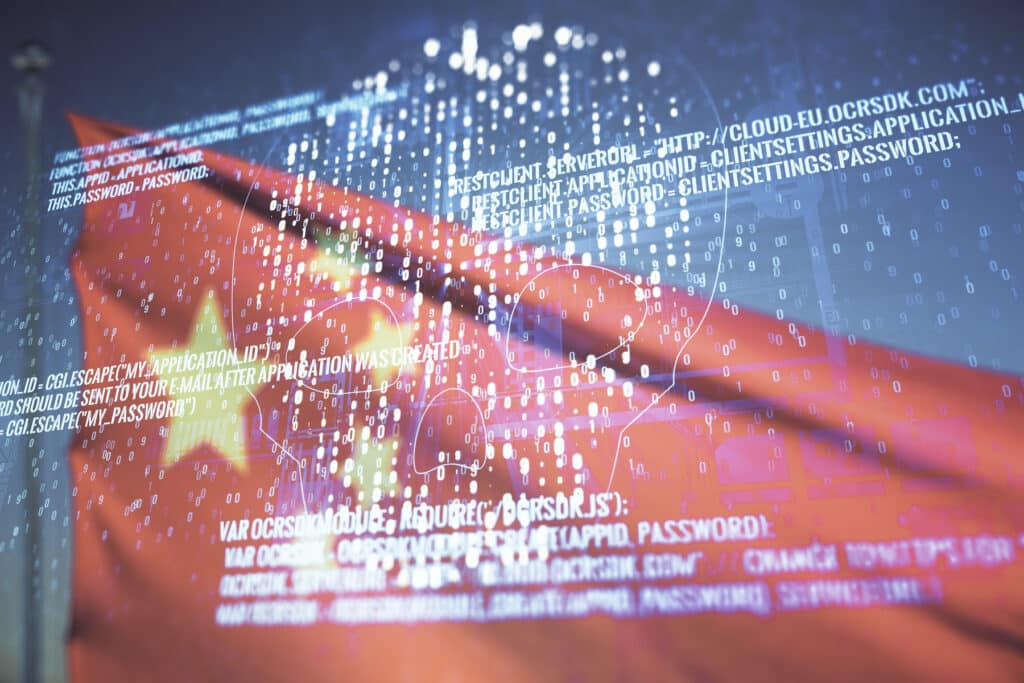In this episode of The Security Ledger Podcast (#257) Paul speaks with Dennis Kengo Oka, a senior principal automotive security strategist at the firm Synopsys about the growing cyber risks to automobiles as connected vehicle features proliferate in the absence of strong cybersecurity protections.
Recent Posts
Malicious Python Packages Target Crypto Wallet Recovery Passwords
A newly discovered campaign pushing malicious open source software packages is designed to steal mnemonic phrases used to recover lost or destroyed crypto wallets, according to a report by ReversingLabs.
Episode 256: Recursive Pollution? Data Feudalism? Gary McGraw On LLM Insecurity
Paul speaks with Gary McGraw of the Berryville Institute of Machine Learning (BIML), about the risks facing large language model machine learning and artificial intelligence, and how organizations looking to leverage artificial intelligence and LLMs can insulate themselves from those risks.
China Calls Out U.S. For Hacking. The Proof? TBD!
The Chinese government is taking an aggressive approach to countering stories of Chinese cyber offensive campaigns: promoting tales of US hacks on Chinese organizations, but without the data to back them up.
Episode 255: EDM, Meet CDM – Cyber Dance Music with Niels Provos
In this episode of The Security Ledger Podcast (#255) host Paul Roberts interviews Niels Provos of Lacework about his mission to use EDM to teach people about cybersecurity.





